6 Reasons Why Glottal Attack is Hurting Your Voice
Glottal attack, also known as glottal onset or glottal stop and glottal shock refers to the forceful and abrupt closure of the vocal cords before initiating phonation. While it is a natural occurrence in certain languages and speech patterns, it can be detrimental to singers for several reasons. Do you feel like your voice is inconsistent? Some days it’s good and other days it isn’t working for you? Maybe you need to work on your airflow! Glottal attack is important for a vocal coach to notice and correct and here’s why:
1. Vocal Strain: Glottal attack puts excessive stress and strain on the vocal cords. The forceful closure of the vocal cords creates a sudden burst of air pressure when phonation begins, leading to increased vocal tension. This tension can result in vocal fatigue, vocal cord damage, and the development of vocal nodules or other vocal pathologies.
2. Restricted Airflow: Glottal attack disrupts the smooth flow of air during singing. The sudden closure of the vocal cords obstructs the airflow, causing a choppy and uneven sound production. This can lead to a lack of control over pitch, breath support, and vocal dynamics.
3. Poor Tone Quality: Glottal attack often produces a harsh and pressed vocal quality. The abrupt release of air and the resulting excessive vocal tension can create a strained and squeezed sound, negatively impacting the overall tone quality. It can also limit the singer's ability to produce a smooth and connected vocal line.
4. Limited Vocal Range: Glottal attack can restrict the singer's vocal range and flexibility. The excessive tension and improper coordination caused by glottal attack can make it challenging to navigate through different registers and access the full vocal range. This limitation can hinder the singer's performance and artistic expression.
5. Inefficient Vocal Technique: Glottal attack is considered a vocal misuse and is not a recommended technique for singers. It can interfere with the development of proper vocal technique, such as breath control, vocal resonance, and vocal placement. Building a solid technical foundation is crucial for singers to achieve optimal vocal health, range, and control.
6. Inconsistent Performance: Glottal attack can lead to inconsistencies in vocal production. The unpredictable closure and release of the vocal cords can result in unpredictable sound production, making it difficult for singers to maintain consistent pitch, tone, and vocal quality during performances.
It's important for singers to work with vocal instructors or coaches who can provide guidance on proper vocal technique and help address any issues related to glottal attack. Developing healthy vocal habits, including smooth and controlled vocal onsets, can contribute to better vocal health, improved tone quality, and increased vocal control. Sign up for lessons using the button have an assessment done and book a class!
